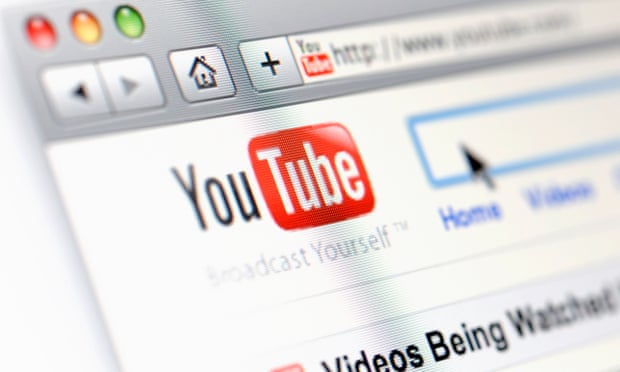Google is stepping up its defense of YouTube users who find themselves on the wrong side of a copyright claim, the tech company said on Thursday.
After a series of skirmishes with established media and others the company said it was “offering legal support to a handful of videos that we believe represent clear fair uses which have been subject to DMCA [Digital Millennium Copyright Act] takedowns”.
Google’s move comes after privacy group Electronic Frontier Foundation successfully defended Stephanie Lenz, a mother whose 29-second video of her son dancing to Prince’s Let’s Go Crazy had been removed from YouTube after Universal Music issued a DMCA notice ordering it to be taken down.
“With approval of the video creators, we’ll keep the videos live on YouTube in the US, feature them in the YouTube Copyright Center as strong examples of fair use, and cover the cost of any copyright lawsuits brought against them,” Fred von Lohmann, Google’s copyright legal director, wrote on the Google blog.
Von Lohmann admitted that Google was not going to shoulder the court costs of every user on its site – not even every user with a solid case – but he said the company did want to demystify the process by which users could wield the law as effectively as entertainment companies. “We’re doing this because we recognize that creators can be intimidated by the DMCA’s counter notification process, and the potential for litigation that comes with it,” he wrote.
The company has a playlist of videos about which it has received complaints that it says it will defend in court, including a debunking of a video true believers insist documents a UFO and another of an elected official asking a sixth-grader to date his grandson at a public hearing.
Because so many tech companies both rely on user-generated content and are leery of having to deal with a potential flood of costly lawsuits should they not appear friendly to corporate rights-holders, abuse of the DMCA is rampant and often a tool for political reprisal.
The Electronic Frontier Foundation has a “hall of shame” immortalizing creative uses of the takedown process ranging from a restaurant that wants to corner the market on a particular dessert recipe (by filing a takedown notice on every recipe for derby pies) to the Church of Scientology.
Rebecca Mackinnon, of the New America Foundation, noted in a study published this month that “few companies disclose data about private third-party requests to remove or restrict content or to share user information – even when those requests come with a court order or subpoena, or are made in accordance with established legal processes such as a copyright ‘notice-and-takedown’ system”.
Mackinnon’s group, Ranking Digital Rights, said tech companies were generally evasive and unconcerned about even the most fundamental rights of users online.
Von Lohmann said that Google hopes the batch of videos YouTube is willing to defend will chill the misuse of DMCAs. “We believe even the small number of videos we are able to protect will make a positive impact on the entire YouTube ecosystem,” he wrote.

View all comments >
comments
Sign in or create your Guardian account to join the discussion.
This discussion is closed for comments.
We’re doing some maintenance right now. You can still read comments, but please come back later to add your own.
Commenting has been disabled for this account (why?)